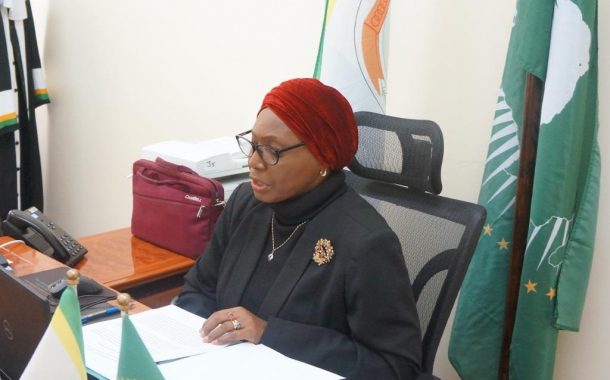ADR Week set to boost justice access

DAR ES SALAAM: THE Arbitration Centre of the High Court of Tanzania is set to host the Alternative Dispute Resolution (ADR) Week from November 24 to 28 this year, a nationwide initiative aimed to promote the use of ADR mechanisms as a faster, more affordable and amicable way of resolving disputes outside the traditional court system.
The initiative aims to enhance timely access to justice, reduce case backlogs and ease the burden on courts, while also deepening public understanding of arbitration and mediation as effective tools for conflict resolution.
The Acting Principal Judge, Justice Imani Aboud said on Thursday during a CEOs roundtable that the ADR Week will be officially launched on November 21, this year, at the Judicial Square in Dodoma, in a ceremony expected to be graced by Chief Justice George Masaju.
The CEO’s roundtable aimed to discuss strategies for implementing the ADR Week and to explore ways of strengthening arbitration and mediation frameworks in Tanzania held in Dar es Salaam.
The meeting brought together leaders from the public and private sectors, as well as representatives from key business institutions.
“The ADR Week will officially take place from November 24 to 28, 2025. The launch event will be held in Dodoma on November 21 and we warmly invite all stakeholders to collaborate with us in making this week a success,” she said Justice Aboud.
She added that the week will also focus on promoting a sustainable culture of peaceful dispute resolution that supports justice, good governance and economic growth.
“The main objective of this week is to educate the public on the benefits of alternative dispute resolution such as arbitration and mediation and to build a strong culture of resolving conflicts amicably within our nation,” she said.
She said that while disputes are a natural part of social, commercial and institutional life, what sets progressive societies apart is how they resolve such conflicts fairly, efficiently and in ways that foster reconciliation rather than hostility.
Justice Aboud added that the ADR Week will not only serve as a commemoration but also as a platform for reflection, allowing stakeholders to assess how far Tanzania has come in developing a culture of alternative dispute resolution and the direction it is heading.
She noted that the Judiciary has been implementing ongoing reforms to promote ADR in line with its strategic plan to reduce case backlogs and ensure that justice is delivered without unnecessary delays.
“It is an undeniable fact that our courts have been facing a high volume of cases, resulting in delays and heavy workloads. Through arbitration and mediation, we can overcome these challenges, save time and resources and preserve relationships between disputing parties,” she said.
Justice Aboud also called on chief executives to adopt ADR mechanisms within their organisations by establishing mediation desks and offering training for legal officers and human resource managers to strengthen mediation skills.
On her part, High Court Judge-in-Charge of the Arbitration Centre, Justice Zahra Maruma, stressed the importance of investing in human and institutional capacity to effectively manage disputes through ADR.
She noted that recent statistics demonstrate significant progress in resolving cases through arbitration and mediation.
“In 2023, a total of 82 disputes were resolved through ADR, in 2024, the number rose to 106; and as of October 2025, 70 disputes have already been settled,” Justice Maruma said.
ALSO READ: Legal experts tackle challenges Tanzania faces in the technological era
She commended the growing acceptance of dialogue, reconciliation and peace as key pillars in dispute resolution, describing it as a positive shift in Tanzania’s justice culture.
“It is important that we continue to strengthen joint efforts between the government, private sector and other stakeholders to build capacity, raise public awareness and reinforce institutions involved in arbitrat.





